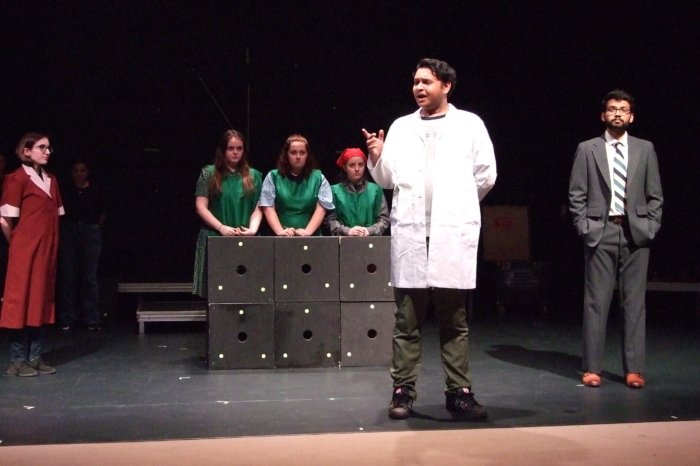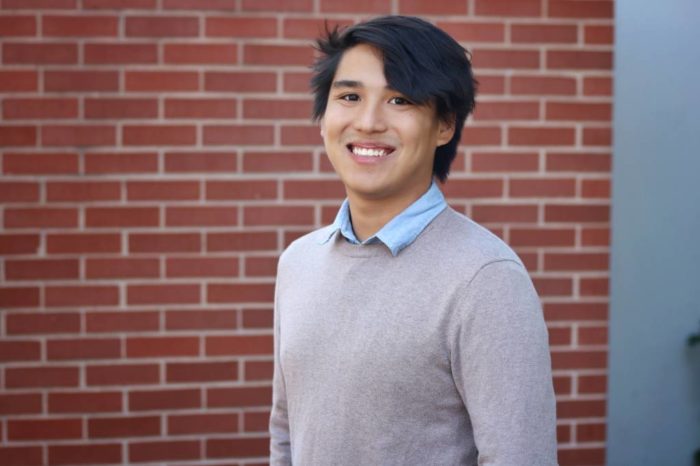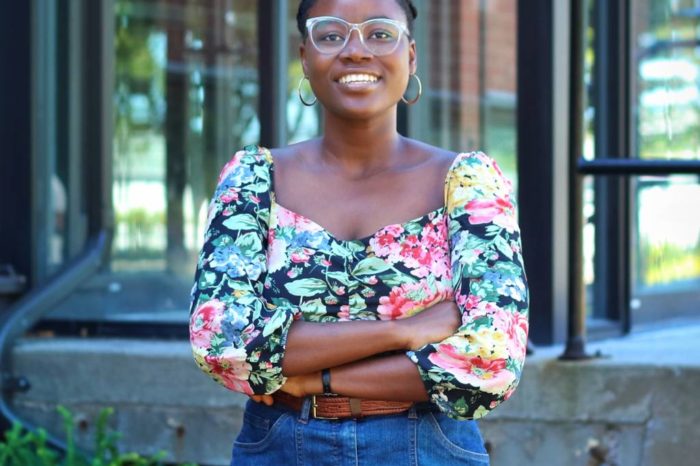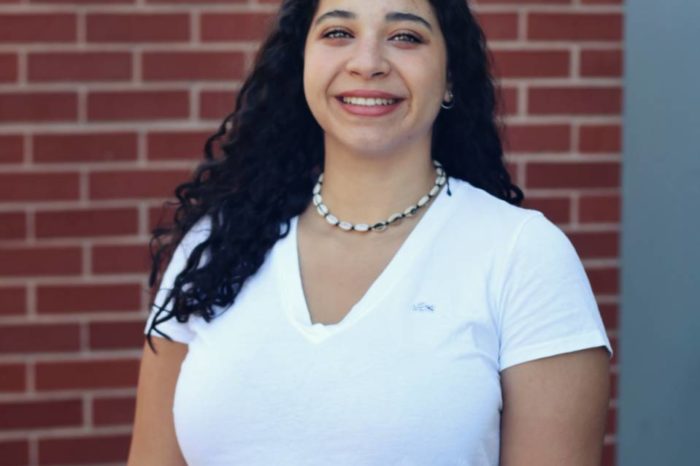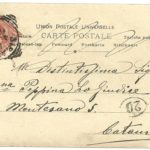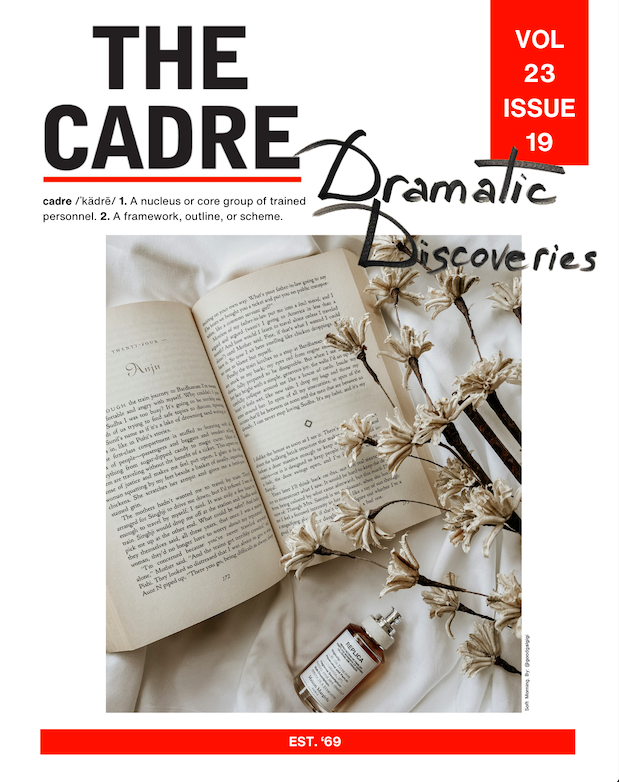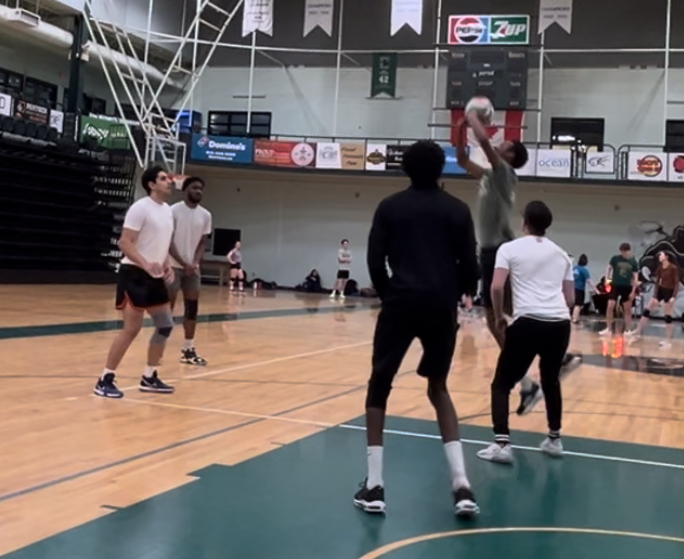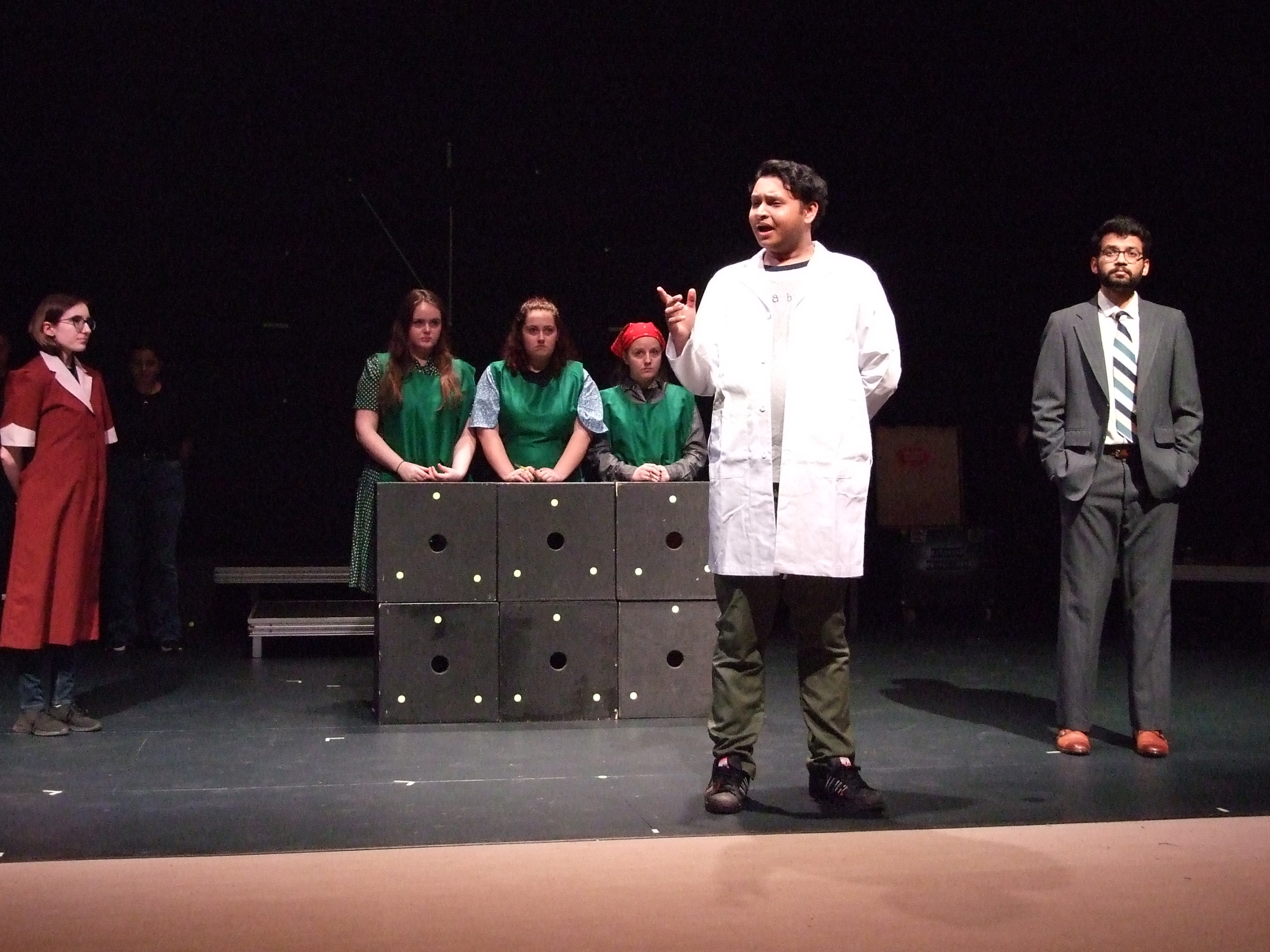By: Enesi Majebi
Oga /É’gah/: A slang term meaning Boss
I’d once been asked to describe the streets of Lagos, the man had been a tourist from the North, I could tell from his accent and his relaxed demeanour. I remember smirking and saying, “hot and overcrowdedâ€. He chuckled and handed me a bottle of cold, purified water. That was the first time I’d ever tasted bottled water. The memory of the cold liquid made my tongue seem drier as I pushed my way through the thick crowd. Most of them were like me, the low class that inhabited the massive slums that stretched across most of the Lagos mainland. Though the occasional islander could be found among the crowd, you could always tell them apart, the optic implants in their eyes shone in the sunlight as they scanned the area around them as though they were seeing something the rest of us weren’t. Some of them had shiny BioLimbs that were barely visible beneath their expensive clothes. They always looked so clean, which I didn’t think possible beneath the clouds of pollution that hung over the city. But despite the dirt and pollution their ebony skin always seemed to sparkle whenever the sun shone through the clouds, which was always brief. I wiped the sweat from my face as I scanned the marketplace, it was nighttime and neon lights filled the area, some from the shop signs, and others from the neon-lined clothing that was popular among the middle-class youth. I liked them, but I probably would never be able to afford them.
I passed by a restaurant sign that read ‘Pounded yam, 50% off on Tuesdays’, today was Tuesday.
The thought of a steaming hot plate of pounded yam and a choice of soup made my stomach growl, but I pushed the hunger away and focused on my search.
Finally, my eyes fell on a man who was buying roasted corn from an elderly woman at a market stall. I could tell immediately that he was a Northern tourist, his skin was dark, a lot darker that people around here. He wore a pair of khaki’s and a kaftan, and his right hand was shiny and metallic, a BioLimb. He paid the lady, flashed her a bright smile and slipped his wallet into his kaftan pocket. I walked close to him, he looked wary as I approached. “Oga, please, abeg can you spare something for me, I haven’t eaten in two days,†I said, trying my best to sound somber. A pitiful smile cracked through his wariness. I wasn’t fooled, I knew his Optics were scanning me for weapons. After a few seconds, he rummaged through his pockets and placed a handful of coins in my hand.
“Thank you Oga,†I said. He smiled again, turned and walked away.
I wasn’t through with him yet. I shoved the coins into my pocket and started after him. I followed him out of the marketplace and the neon signs morphed into massive billboards that advertised everything from BioLimbs to HelperBots. It wasn’t uncommon to see a HelperBot lumbering behind its owner on the street, most of the time they held shopping bags or anything the owner didn’t want to carry. Most shop owners had them too to clean up and do the menial tasks. Taking jobs away from people like me who desperately needed them. I would give an arm and a leg to trade my factory job to work at a cozy restaurant or supermarket.
I inched closer and closer to my unsuspecting victims as he took in the sights. I slipped past him and in one fluid motion snatched his wallet from inside his Kaftan and slid it into my pocket. And with that, I vanished into the crowd.
I found my way to a secluded corner and examined the wallet. I didn’t expect to find much, most of his money would be accessible only through the BankChip that was no doubt implanted into the man’s palm. But most people still carried at least a few hundred Naira in paper currency.
The wallet had a few hundred as I suspected, enough to feed me for a few days. I shoved the money into my pocket when something else caught my eye, a shiny card nestled in one if the wallet’s sleeves.
“Jesu,†I said as I pulled out the MoneyCard from the wallet. I’d heard that money cards were popular amongst tourists, many of them deactivated their BankChips while travelling out of fear of being robbed. They loaded the MoneyCards with their daily spending money. It should have at least a few thousand Naira on it; I’d hit the jackpot. I pocketed the card and tossed the wallet.
I couldn’t help but think about the tourist as I hurried home. He would probably have noticed his missing wallet by now. I’d stolen from countless Northerners, I always imagined their alarm, the panic when they discovered their belongings were gone. I never felt sorry, they didn’t need it, they were all provided for in their paradise, behind their wall.
I remember finding a data file in a man’s wallet years ago ‘A Brief History of Nigeria Volume III: Post Oil Crisis’. During the era of fossil fuels the country prospered, life was good. That was until the excessive mining caused the world’s oil reserves to plummet years before people expected. And just like that, the era of fossil fuels came to an end. Most countries went to war over what was left. The people in the East warred for decades, protecting their remaining reserves from invading neighbouring countries while the West fell into disarray. But the Northern leaders had been investing in renewable energy sources years before the crisis and their investments paid off. The North prospered while the rest of the country fell apart, the air was clean, there was plenty of food, life in the north was good. It didn’t take long before people began flooding to the North. That was when the North declared independence and built the wall. They kept their paradise exclusive, no one got past the wall without a Visa. Every year hundreds of them came down south to ‘see the country’ and despite the hate that had brewed over the decades, the tourists were untouchable. A few tourists were robbed and killed by a vigilante group a few years ago and the Northern government cut down the food supply as punishment; 50,000 people died of starvation. The only way the west survived was by inviting foreign companies to outsource labor, they built hundreds of factories in the West. I worked at one of those factories for barely any pay. That’s why I do what I do, to survive.

